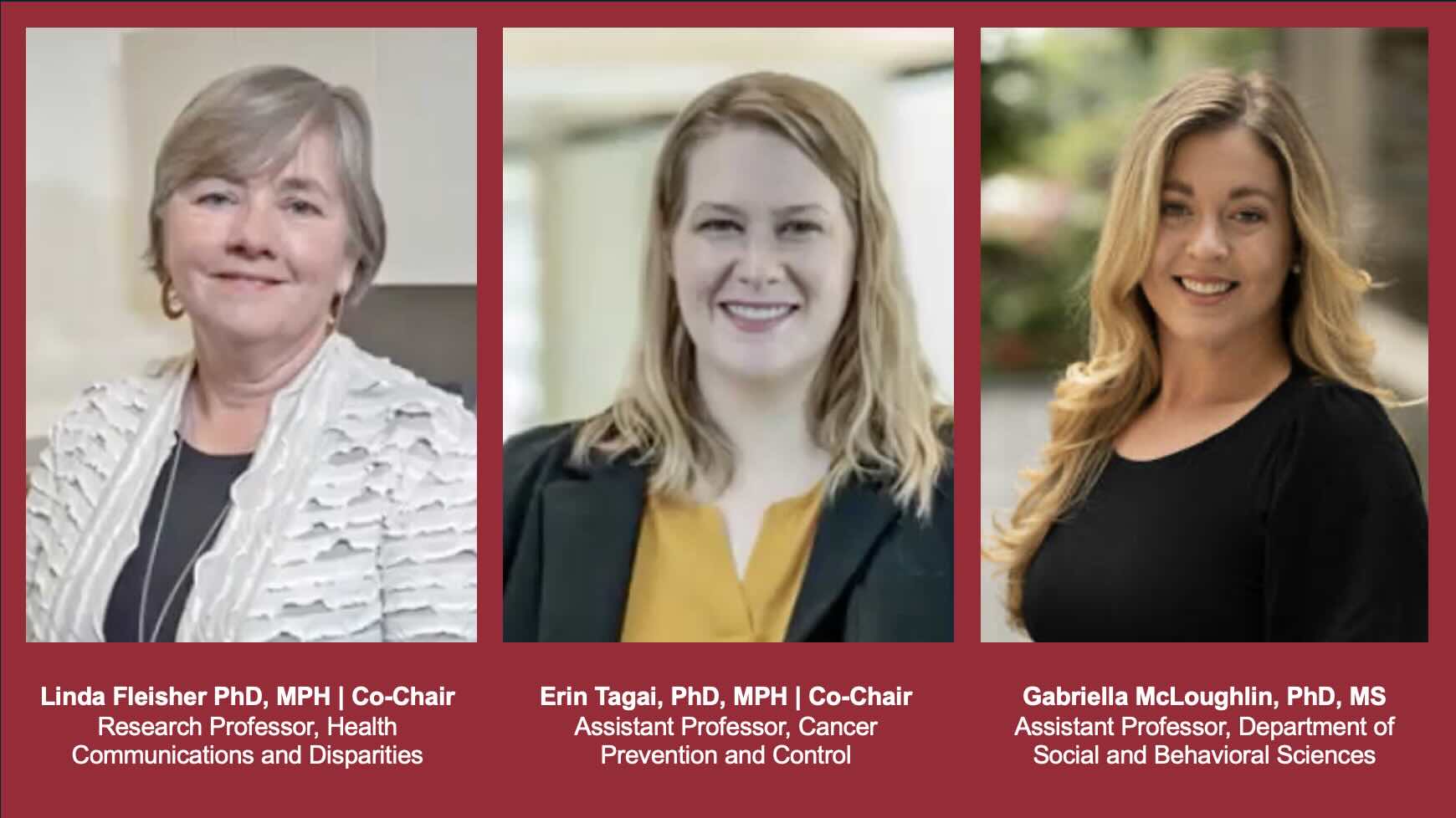What if it took 17 years for just 14% of groundbreaking health research to make it into real-world practice? This staggering delay between scientific discovery and its practical application is a significant challenge in public health. But the field of Dissemination and Implementation (D&I) Science offers a solution, speeding up the process while ensuring interventions are applied equitably—especially to underserved communities.
During a recent seminar hosted by the Temple University College of Public Health (CPH), experts discussed how D&I science can bridge the gap between research and practice. Dr. Linda Fleisher and Dr. Erin Tagai from Fox Chase Cancer Center, along with Dr. Gabriella McLoughlin from CPH, shared insights into how D&I can enhance the sustainability and reach of public health interventions.
Dr. McLoughlin highlighted the challenge of translating research into practice, noting, “It takes around 17 years for only 14% of evidence to be utilized in practice. This just isn’t good enough.” She explained that the real challenge isn’t just creating new interventions, but scaling them to reach diverse, high-need populations.
Dean Jennifer Ibrahim, who moderated the event, posed a key question about how to improve policy makers' understanding of these issues. "How can we help policy makers, at institutions like Temple or even in elected office, understand this gap between research and practice?" she asked.
In response, Dr. McLoughlin shared a powerful example from her work during the COVID-19 crisis, where the urgency of the moment led to quicker adoption of evidence. "I learned about rapid qualitative analysis during the pandemic, which allowed us to get real-time data to decision-makers, like the USDA and CDC," she said. "We had to move beyond the traditional journal article and create data snapshots and briefs to communicate findings quickly." She noted that, while this approach isn't always feasible, it was a critical tool during the crisis and could be a model for more agile research dissemination in the future.
Dr. Fleisher emphasized the importance of collaboration in D&I efforts, saying, “Implementation science really is a team sport.” She stressed that success depends on the collective effort of researchers, community stakeholders, and policy makers working together to understand the context and challenges of each intervention.
Dr. Tagai, focusing on cancer care, added that building stronger networks within and across institutions is key to moving D&I forward. "We need to facilitate networking and new collaboration across campuses," she said. "Connecting experts and resources will help accelerate implementation and improve health outcomes."
As Dr. McLoughlin aptly summarized, “It’s not always about coming up with a new intervention, but about improving what’s already happening to make a much bigger impact.”
The seminar underscored Temple’s commitment to fostering collaboration and building resources that ensure public health research is not only effective but equitable, reaching those who need it most.
Click here to view the entire conversation!

